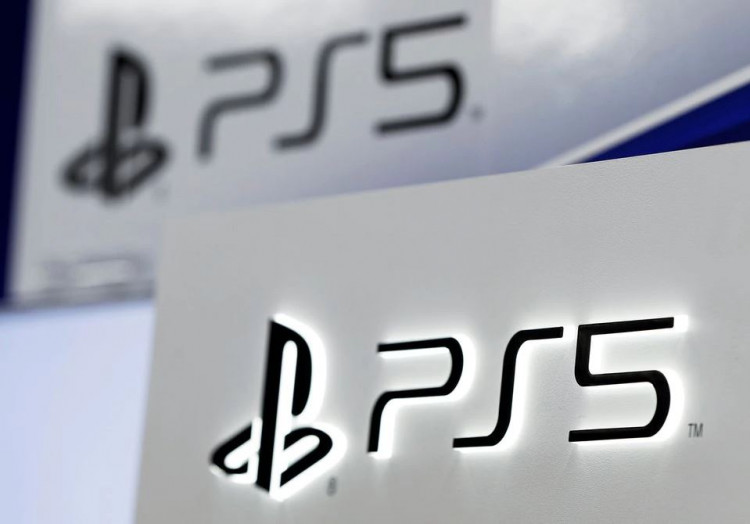Sony Group Corp. announced plans to increase manufacturing of its PlayStation 5 platform as supply chain bottlenecks clear and suggested a radical expansion of its games library to include more PC and mobile titles.
In its second year on the market, the PS5, which went on sale in November 2020, undersold its predecessor as a result of component shortages that wracked the electronics sector. However, it is predicted to close the gap in the third year and surpass the PS4 in the fourth.
Beyond the initial ramp up, Sony Interactive Entertainment CEO Jim Ryan told an investor meeting, "we're looking for massive increases in console production that will take us to production levels that we've never reached before."
As a result of the global chip scarcity, production outputs are restricted, resulting in poor device availability upon introduction. The same was true during prior restockings, with some customers dissatisfied because of low product levels.
The PS5 will be replenished in India for the fifth time, while the PS5 Digital Edition will be made available for the third time. The last time PS5 supplies were available in this country was on June 23.
While COVID-19 lockdowns in China continue to generate uncertainty in the supply chain, he continued, "things are definitely better."
Sony predicts PS5 sales of 18 million systems for the fiscal year ending in March, compared to 11.5 million the previous year.
Ryan outlined PlayStation's shift away from focusing solely on single-player games exclusive to its platform, stating that more PC and mobile titles will be made available in addition to live service games.
While PS4 and PS5 titles are anticipated to account for more than two-thirds of releases this year, PC and mobile games will account for nearly half of new releases in 2025.
"The initiatives to expand our audience will have a fundamental impact on the shape of our game portfolio," Ryan explained.
With this adjustment, PlayStation aims to keep up with the industry's evolution, which has seen cloud technology and the growing computational power of smartphones free consumers from cumbersome hardware.
Amidst widespread concern that the metaverse, or the notion that users will spend more time in simulated worlds, could disrupt industry business models, Ryan stated that the majority of consumers will continue to play games as they have in the past.
"There will be a large number of people that prefer to play games as they have for at least 30 years," he stated.






